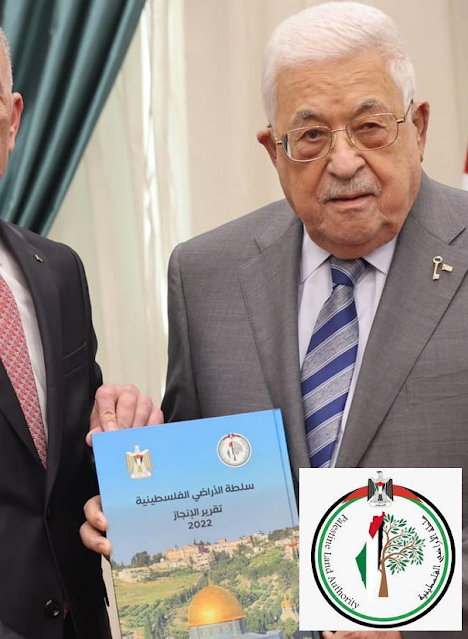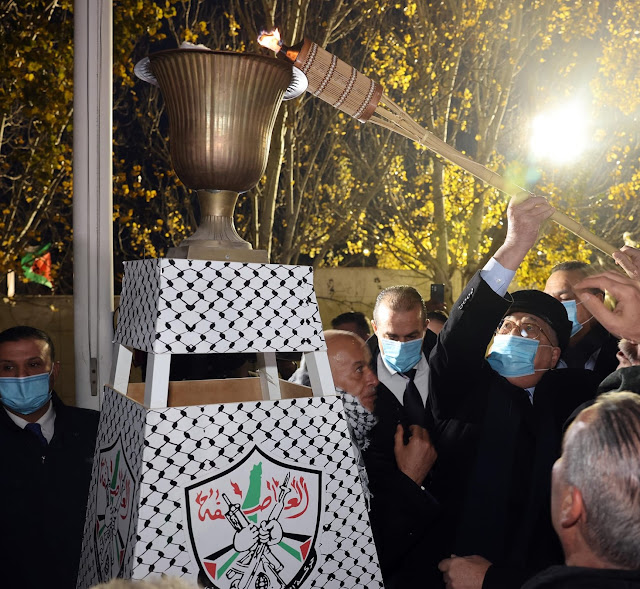Disclaimer: the views expressed here are solely those of the author, weekly Judean Rose columnist Varda Meyers Epstein.
After nine months of refusing to extend an invitation to Benjamin
Netanyahu to visit the White House, Joe Biden—or his handlers—deemed that a sufficiently
long enough period of time had elapsed that said invitation could now be extended.
Bibi had been punished and put in his place, the anti-Israel elements of the
party appeased. Still, nobody said that Joe had to be nice to the Israeli PM. So
as Bibi waxed lyrical about their 40-year acquaintance, and while the cameras
were rolling, Biden leered at those in attendance and crossed himself. Slowly and
with deliberation.
BREAKING: Meeting on the sidelines of the @UN in New York, @POTUS -- at the outset of remarks by Israeli Prime Minister @netanyahu as the two sat before the U.S. and Israeli flags -- oddly performed the sign of the cross, a ritual Christian gesture. Mr. Biden read from notecards;… pic.twitter.com/MmwQHICVAk
— James Rosen (@JamesRosenTV) September 20, 2023
The press didn’t write about it, with the notable exception
of the indefatigable Hunter Biden laptop-reporting New
York Post:
President Biden unexpectedly crossed himself Wednesday during a one-on-one meeting with Israeli Prime Minister Benjamin Netanyahu on the sidelines of the United Nations General Assembly in Midtown.
The 80-year-old Roman Catholic president made the conspicuous hand gesture — touching his forehead, stomach and left and right breast area with his right hand — as the Jewish leader began speaking.
“We’ve been friends for, I’ve checked it, over 40 years,” Netanyahu said, prompting Biden to make the sign of the cross in a possible joke about his own age.
However, the president did not explain his action and the White House did not immediately respond to a request for comment.
This was not the first time that Joe Biden made the
sign of the cross as an apparent snub or sign of disrespect. He crossed
himself while saying Donald Trump’s name as he stumped for Gavin Newsom in
2021. He did it again while ridiculing Marjorie Taylor Greene at an event in
Virginia Beach.
How are we supposed to understand Joe Biden’s repeated, cynical use of a religious symbol, an expression of Christian faith? What does it mean in the context of a landmark meeting with the prime minister of the Jewish State? It depends on how you're feeling about Joe these days.President Biden calls out Rep. Marjorie Taylor Greene (R-GA) for yelling “Liar!” during the State of the Union and then proceeds to ✝️ himself. pic.twitter.com/8MlMC4WIA0
— The Recount (@therecount) February 28, 2023
Some think it was insensitive of the president, a stupid move, to cross himself in front of a Jewish leader.
Others think that his making the sign of the cross against a Jewish person was just
one more manifestation of a riddled brain in a state of advanced decay. Both these things are likely true, but miss the mark by omitting the malign nature
of the president’s gesture, meant as a pointed sign of disrespect to someone he
really, really does not like.
Was the gesture deliberately antisemitic? That would certainly be a
valid conclusion. The sign of the cross has traditionally been used to ward off
evil. Biden jokingly uses the symbol to demean public figures he dislikes by equating them with evil. When he therefore makes
the sign of the cross in relation to the democratically-elected leader of the one
Jewish State, it is not a stretch to understand this as a statement: “Netanyahu
the Jew is evil.”
The sign of the cross as a protection against evil is something most of us are familiar with from movies and TV shows, where characters are always waving silver crosses at vampires. But do Christians really believe that the sign of the cross wards off evil? Does Joe Biden?
While perusing materials relating to
Christian dogma is not really my thing, especially during the High Holiday
season, I found the following, attributed to St. John Chrysostom, 4th-century
Preacher and Patriarch of Constantinople, so . . . probably legit:
Never leave your house without making the sign of the cross. It will be to you a staff, a weapon, an impregnable fortress. Neither man nor demon will dare to attack you, seeing you covered with such powerful armor. Let this sign teach you that you are a soldier, ready to combat against the demons, and ready to fight for the crown of justice. Are you ignorant of what the cross has done? It has vanquished death, destroyed sin, emptied hell, dethroned Satan, and restored the universe. Would you then doubt its power?
As a Jew, I don’t believe any of that, like not even a
little bit, not even to the very tip of the tip of my pinky. But when Joe Biden
makes the sign of the cross, he does so to smear and
ridicule those he dislikes by suggesting, perhaps only half-jokingly, that they are
evil. This offends me not only on behalf of my PM, my country, and my people,
but also on behalf of those who do see the cross as a symbol of their
faith. Because when Joe Biden makes the sign of the cross, in the eyes of his co-religionists,
he does so not out of belief, but out of disrespect. From a Catholic perspective, he blasphemes.
Of course no one would accuse Joe Biden of being a good Catholic.
Joe’s in bad odor with the Church because of his stance on abortion. Famously,
Joe Biden was denied
communion at a church in South Carolina. But this use of a religious symbol
is vulgar and offensive by any human standard no matter your religion,
especially in light of the fact that the one misusing the symbol is the leader
of the free world.
No matter the Democrat scandal of the day, it’s always tempting to say that if
Trump did it, the media would be all over it like white on rice; meanwhile when Biden
does it, crickets. Robert
Spencer points this out along with the fact that Biden did not make the sign
of the cross when meeting Mahmoud Abbas:
To put into perspective how odd this is, imagine if Trump had made the sign of the cross as he was meeting with Netanyahu. There would have been a new round of “Trump is an antisemite” articles in the establishment media. The ADL would have issued another in their long series of furious denunciations of the Bad Orange Man. The gesture would have been portrayed as a recrudescence of the bad old days of blood libels and false accusations against the Jews that culminated in the Holocaust. When Biden does it, on the other hand, no one sees it.
Whatever it was, Biden certainly didn’t make the sign of the cross when he met with his friend Mahmoud Abbas.
I have yet to hear a response or
comment from Netanyahu on Biden making the sign of the cross, during their meeting. That’s as it should be. Perhaps in time, Netanyahu will find a way to make his feelings known, but likely only for those who have the ability read between the lines. This 2015 Jeffrey Goldberg piece from the Atlantic, Netanyahu
Dodges the Cross does the trick for me:
Benjamin Netanyahu, the Israeli prime minister, is fond of recalling Vice President Joe Biden's suggestion that he nail himself to a very large cross.
It was 2011, and they were in Jerusalem, in Netanyahu's office. Biden was encouraging the prime minister to make a bold leap for peace, and not to waste time on half-measures. "My father always said, 'Don't crucify yourself on a small cross,'" Biden said. Netanyahu laughed. Only Joe Biden, he would tell people later, would travel to Jerusalem to encourage a Jewish prime minister to crucify himself.
What was Netanyahu telling those he regaled with this story? My take is this: Joe Biden told Benjamin Netanyahu to kill himself. And the then vice president traveled all the way to Jerusalem to do so.
|
Or order from your favorite bookseller, using ISBN 9798985708424. Read all about it here! |

|







.JPG-93e1d6e9-58b8-4bf5-8d73-79865f775832.jpg)



































